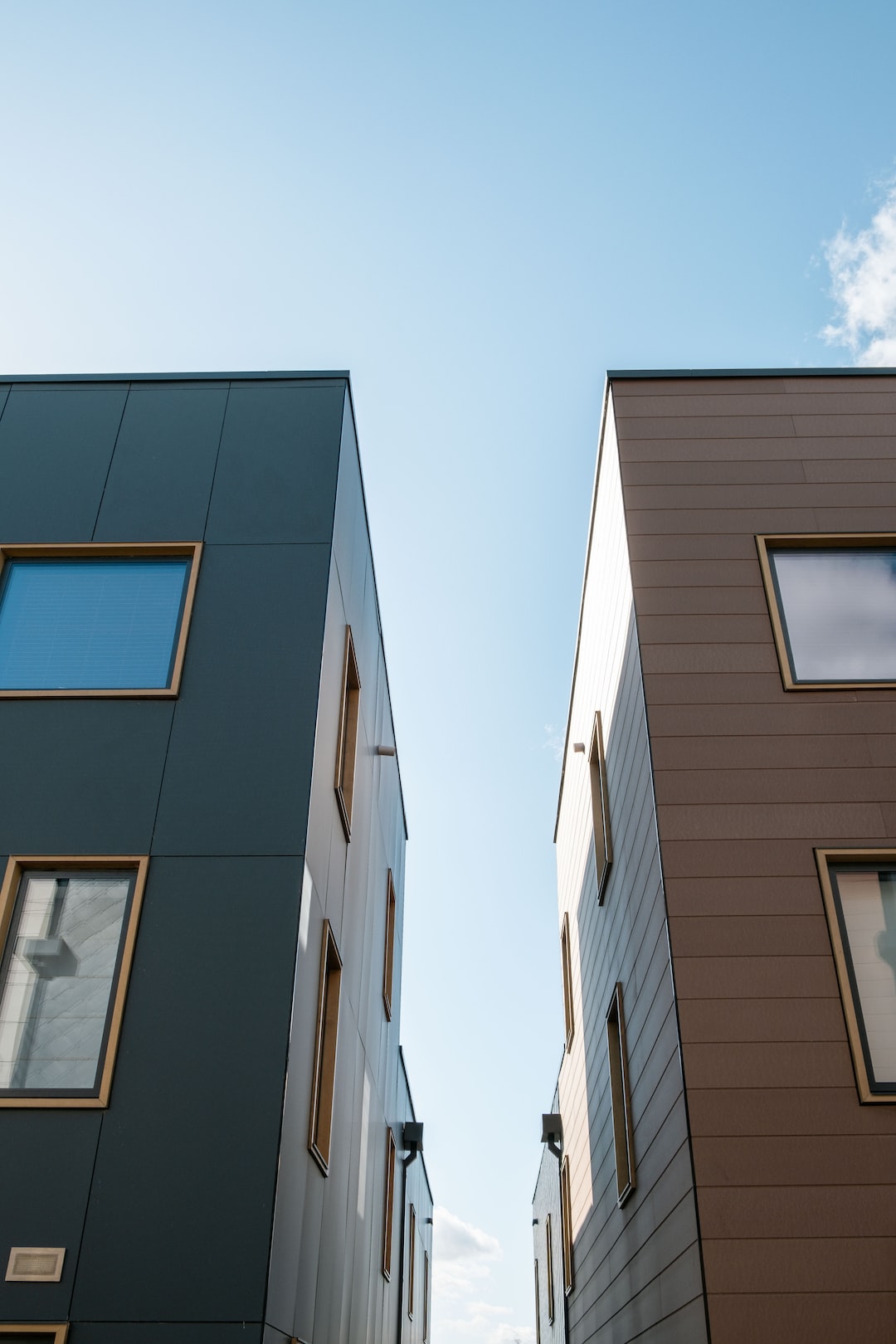Setting the right rental price for your property can make all the difference between a successful and profitable rental business, or one that struggles to attract tenants. Determining the ideal rental price requires careful consideration and research. To help you navigate this process, here are some useful tips for setting the right rental price for your property.
1. Research the market: Before setting your rental price, it’s crucial to conduct thorough research on the current rental market in your area. Look at similar properties in your neighborhood, paying attention to their rental rates, amenities, and location. This will give you a good starting point for determining your own property’s rental price. Online platforms and real estate websites can provide valuable insights into local rental trends.
2. Evaluate property features and condition: Assess the unique features and condition of your property. Consider factors such as size, number of bedrooms and bathrooms, parking availability, access to amenities, and overall state of the property. Take note of any upgrades or renovations you have made, as these can justify a higher rental price. A well-maintained and attractive property will naturally command a higher rate.
3. Calculate expenses: It’s important to evaluate the expenses associated with owning and maintaining the rental property. Take into account mortgage payments, property taxes, insurance, maintenance costs, and any other relevant expenses. Balancing these expenses against potential rental income will help you determine a reasonable rental price that covers costs and generates profit.
4. Determine your target market: Identify the type of tenants you want to attract and consider their affordability. Families, professionals, and students may have different budgets and expectations. Understanding your target market will allow you to set a rental price that is competitive yet affordable for your desired tenant base.
5. Assess local demand and vacancy rates: Consider the demand for rental properties in your area and the current vacancy rates. Higher demand with low vacancy rates generally indicates a more favorable rental market, making it easier to set a higher rental price. Conversely, areas with high vacancy rates may require a more competitive rental price to attract tenants.
6. Consult professionals: Seeking advice from professionals in the real estate industry, such as property managers or real estate agents, can be immensely helpful. They have extensive knowledge and experience in the local rental market and can provide valuable insights into setting the right rental price. Their expertise can ensure that you maximize your rental income while remaining competitive in the market.
7. Be mindful of rent control laws: Familiarize yourself with any rent control laws or regulations that may apply in your area. These laws can limit the amount of rent increase you can impose on existing tenants. Understanding and complying with these laws will prevent any legal issues down the line.
8. Offer competitive amenities: Consider what amenities your property has to offer and how they compare to other available rentals in the market. Providing sought-after amenities, such as laundry facilities, parking spaces, or access to a gym, can justify a higher rental price. This is especially true if these amenities are in demand in your target market.
9. Take advantage of online rental calculators: In today’s digital age, there is an abundance of online rental calculators available. These tools can assist you in determining a fair rental price based on various factors, such as property size, location, and current market trends. Utilizing these calculators can help you arrive at a more objective and accurate rental price.
10. Monitor the market and adjust accordingly: Rental prices are not set in stone. It’s crucial to regularly monitor the rental market in your area and adjust your rental price accordingly. Stay informed about any changes in demand, local economic conditions, or new developments that may impact rental prices. Being proactive in reviewing and adjusting your rental price will ensure that you remain competitive and attract quality tenants.
Setting the right rental price is a delicate process that requires a blend of market research, understanding tenant expectations, and assessing your property’s unique features. By following these tips, you can increase the chances of setting a rental price that attracts reliable tenants, ensures profitability, and maximizes the potential of your rental property.

